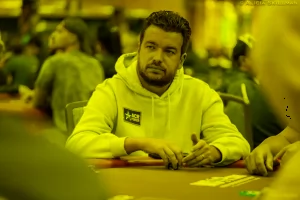Importance of social networks for the sport clubs

Sports clubs are increasingly present on social networks. We will therefore explain the reasons for this. The importance of social networks for sports clubs
Whether amateur clubs or professional clubs, sports teams are increasingly present on social networks. This offers them several advantages, which differ in particular depending on the popularity of the sports club. We will detail the most important of them.
To be closer to the fans
It is a practice that is found a lot in individual sports such as tennis. Indeed, tennis players, accustomed to managing their careers alone, generally take care of their communication via social networks. Many of them can be found on Instagram, where their fans can easily subscribe to their account. In particular, they publish a lot of photos of their performances, but also on the different places they could visit. For them, it’s an effective way to stay close to their fans while controlling what they share and therefore protecting their privacy. If you are an athlete who wants to share personal experience with others, buy instagram impressions and reach a broader audience.
Social networks also used in amateur sport
Many amateur sports clubs are indeed present on social networks such as Facebook. This offers them several advantages. They can indeed communicate more easily between the different members of the club, for example by publishing photos of their different meetings. In addition, it is an excellent way to communicate with those around them. For example, a village football club can use Facebook to advertise an event such as bingo. This usually allows them to get free publicity while increasing attendance at that event, and therefore potential earnings. As with professional clubs, this account is usually run by a member of the club, which allows control over its content. However, the latter will generally be more open and will in particular allow the different members of the club to react more freely.
In conclusion
Whether professional clubs or amateur clubs, they all use social networks for their communication. For a professional club, this makes it possible to manage the dissemination of information and avoid the risk of leakage as much as possible. On the other hand, for an amateur club, these social networks will be used more to promote the club and its events, but also to facilitate communication between the different members of the club. Individual sports professionals, accustomed to managing their careers on their own, use social media extensively to communicate with their fans while setting certain limits and protecting their privacy.






